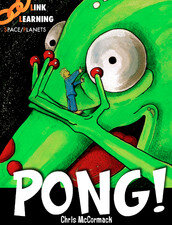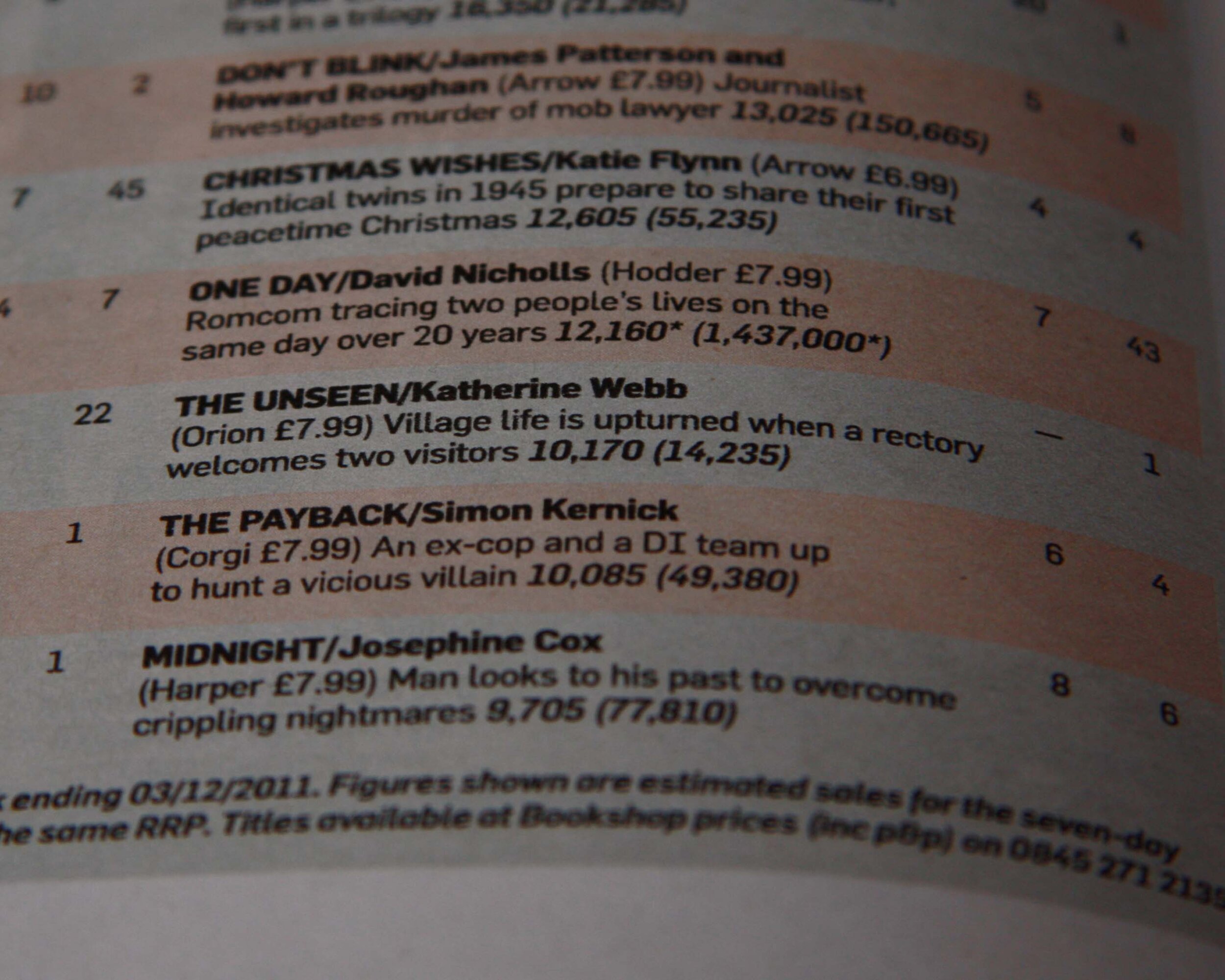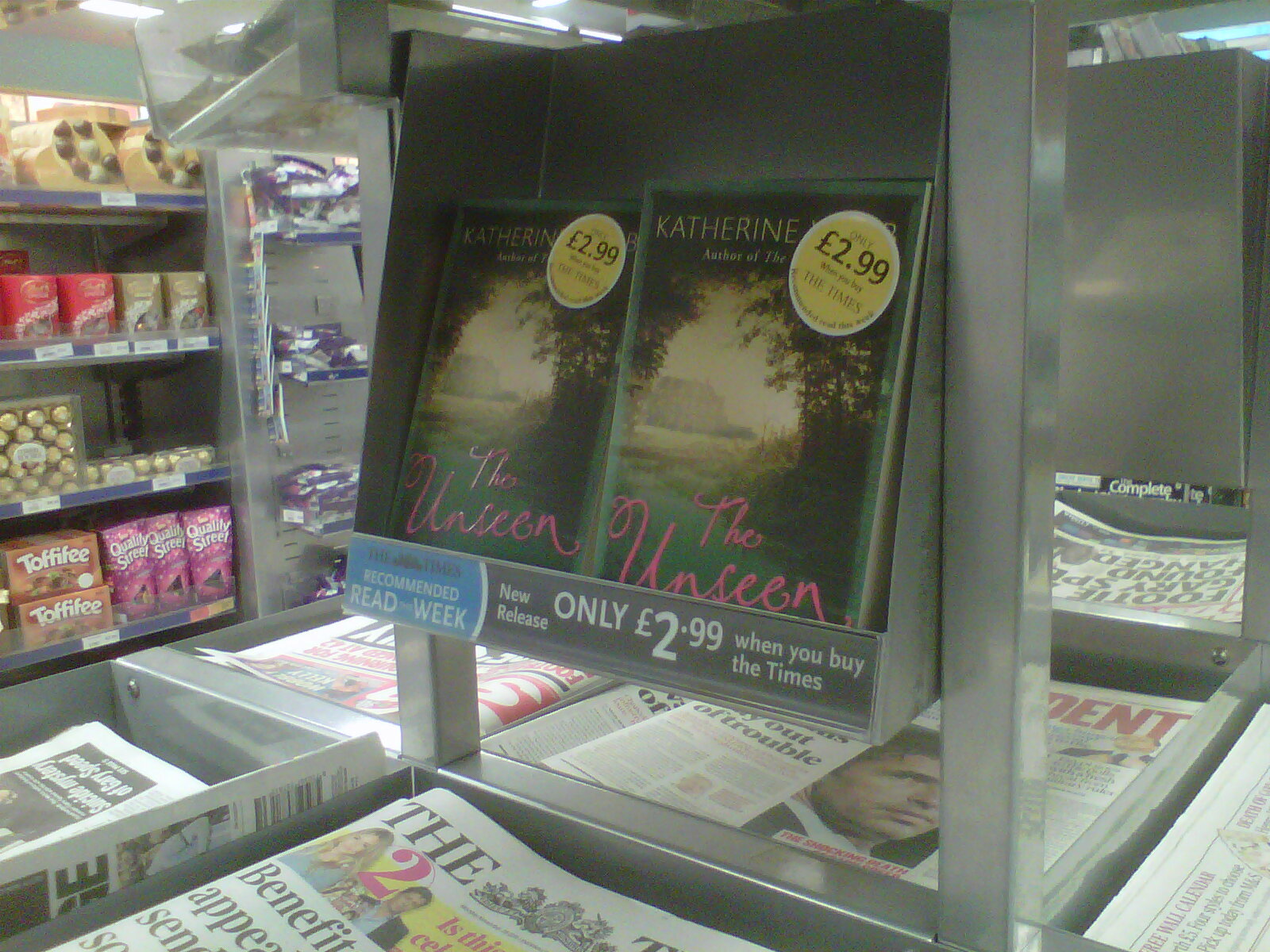It's July of 2019. If you're reading this blog, you can likely write creatively. You're probably thinking about writing a novel, or you're already writing one. At some point, some way down the line, at the back of your mind, you're probably thinking it might get published.
The chances of that are very high in the era of 2019. You have various options. The least likely is traditional publishing, although you will spend a disproportionate amount of time pursuing it.If you want your book available to a broad audience rather than ignored by a few, to own a real physical copy of your book, then indie is an option.Whether you are going traditional or indie, there is one crucial detail you will probably mislay along the way which is story, or rather good storytelling.
There are two types of book writers in my experience, and you can work out which you are by how you describe what you're doing. If you're writing a novel, congratulations, you are among the 99.8% of writers who can write, who have a great idea but are unable to give that idea to an audience, and by give I mean make it an entertaining story. Call it stubborn, ego, apathy, self-interest, insecurity or a lack of insight.
If you're a writer who believes you're telling a story and the only thing that matters is the wider audience, then you're very rare. It has to be said neither is more likely to be successful, but one is more likely to entertain an audience.So how do you become a storyteller over a novel writer? The first step is to realise what an audience expect from a story, in a nutshell, they want to know:
The world and timeframe, to be hooked by dynamic characters very quickly, to understand the story stakes and dramatic theme.What is the false goal the characters pursue during the extraordinary journey that has them fall in love and discover hidden qualities and even a few nasty traits? What forces them to take control in the middle of the story, what truth do they learn fighting increasing odds, in the face of despair and even death?
How do they use this uncertain truth to face the bad guys, and how does the conflict resolve? How does the theme punch you emotionally, have you thinking about the characters after the credits or the last page has turned?
If a story doesn't deliver all this, the audience instinctively knows something is missing without necessarily knowing what that something is. As a fully paid-up member of the audience, how will you know your novel is hitting the required marks as a storyteller, as an author?I thought you'd never ask.
If I tell you story requires structure you will roll your eyes. I know, right! You're creating art! You're not writing to a formula!
Let's consider whether you would buy from an artist who visibly doesn't understand the foundations of composition? Or from a musician who audibly doesn't understand the principles of rhythm?
The problem with novel writing is that our entry point is an ability to write well, we're well educated, the page to page works, it's misleading. Our broader perspective of story is built on a lifetime spent as a consumer. It's instinctive.
It should be no surprise to discover telling a good story is as challenging to master as fine art or good music. While a few take to it naturally, 99.8% of us will have to graft to gain insight.
Getting hold of the right material to learn from can be confusing, there are a lot of people ready to take your money, a whole bunch of books to buy. I would buy just two:
Blake Snyder's Save the Cat (great for the essential structure)
K.M. Weiland's Creating Character Arcs: The Masterful Author's Guide to Uniting Story structure, plot and character development (the absolute reference for blending everything else).
Then understanding story structure and character arc is just the beginning, seeing it implemented across a broad scope of fiction is necessary to build our storytellers muscle memory, our point of reference.
These past few years, I've been doing just that, breaking down story to gain insight into how it's put together. The last year I've been figuring how best to breakdown a story as a video, to learn and share that knowledge. I think I'm getting there.
The first video is linked below: Monsters Inc. The breakdown is on YouTube. It's free. You're welcome.



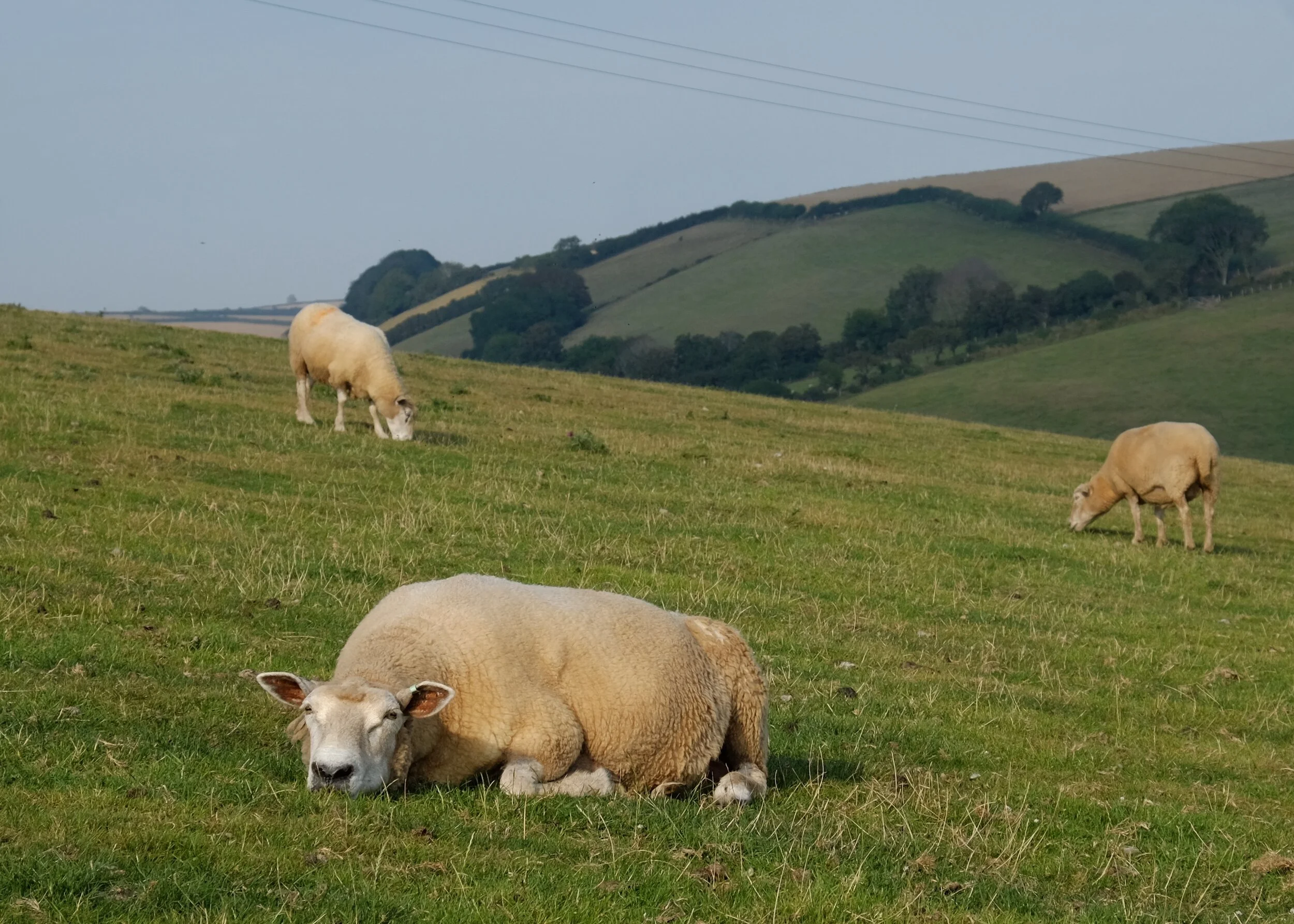
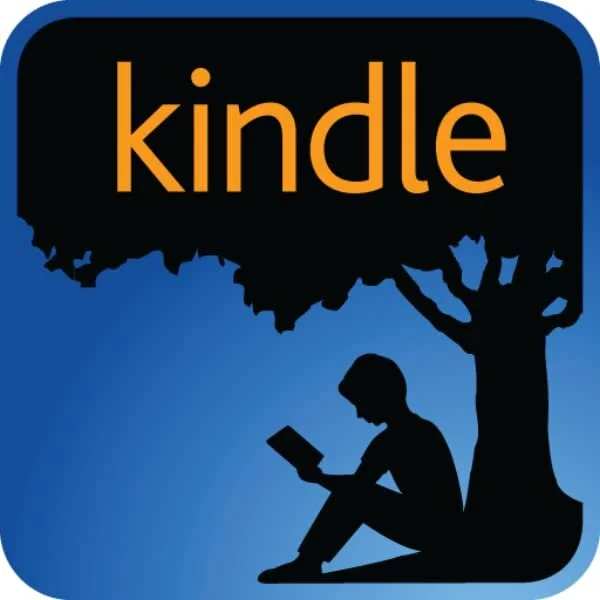
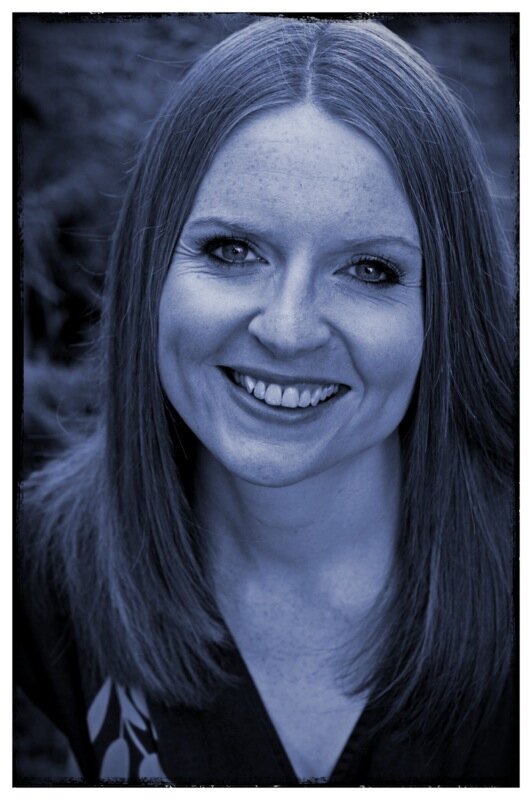 I am organising the Society of Children’s Book Writers and Illustrators’ Conference Party. It’s a great opportunity for unpublished and published authors and illustrators to mingle with editors, agents, publicists and art directors.I recently stumbled across this blog, which I wrote after attending last year’s SCBWI Undiscovered Voices party, but I never did anything with it. Good timing, I thought. So here it is!When I attended a glitzy publishing party in London, I was faced with a room full of agents and editors – all masters in the art of schmoozing. Oh God, thought I, how am I going to get through this? They’ll sense my fear! Pounce on it faster than the next Harry Potter.If you’re an aspiring writer, you’ll probably find it beneficial, at some point, to venture out of your writing cave and try to engage with the real world. I’m talking mingling, networking, chatting, business carding, and other scary words that end in ‘ing’. Yes, I too loathe to be dragged from my writing cave. I struggle to interact with real people rather than characters. I have to remember that talking to myself is only acceptable in the inner sanctum of the cave. But needs must.Here are my top tips for how to blag your way through such an ordeal:
I am organising the Society of Children’s Book Writers and Illustrators’ Conference Party. It’s a great opportunity for unpublished and published authors and illustrators to mingle with editors, agents, publicists and art directors.I recently stumbled across this blog, which I wrote after attending last year’s SCBWI Undiscovered Voices party, but I never did anything with it. Good timing, I thought. So here it is!When I attended a glitzy publishing party in London, I was faced with a room full of agents and editors – all masters in the art of schmoozing. Oh God, thought I, how am I going to get through this? They’ll sense my fear! Pounce on it faster than the next Harry Potter.If you’re an aspiring writer, you’ll probably find it beneficial, at some point, to venture out of your writing cave and try to engage with the real world. I’m talking mingling, networking, chatting, business carding, and other scary words that end in ‘ing’. Yes, I too loathe to be dragged from my writing cave. I struggle to interact with real people rather than characters. I have to remember that talking to myself is only acceptable in the inner sanctum of the cave. But needs must.Here are my top tips for how to blag your way through such an ordeal:


